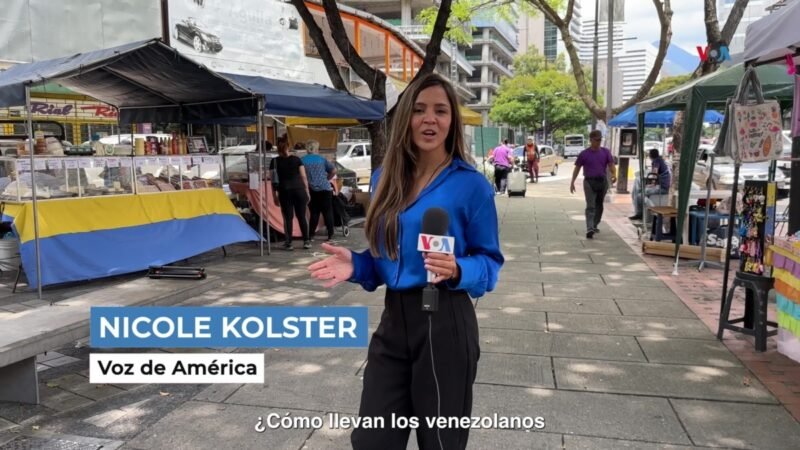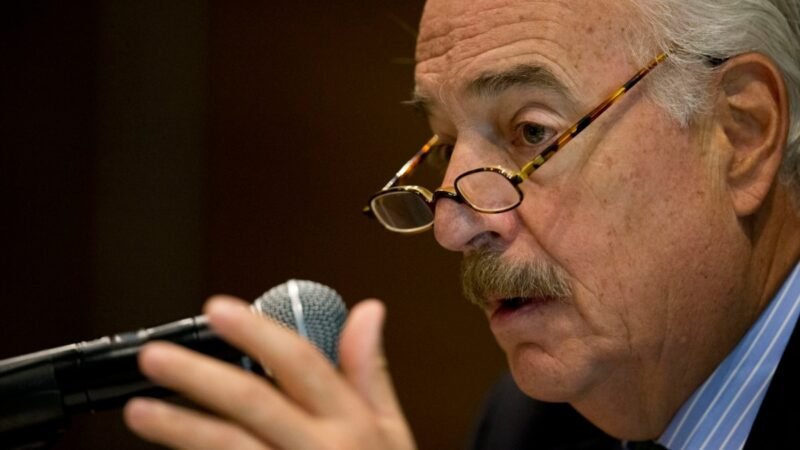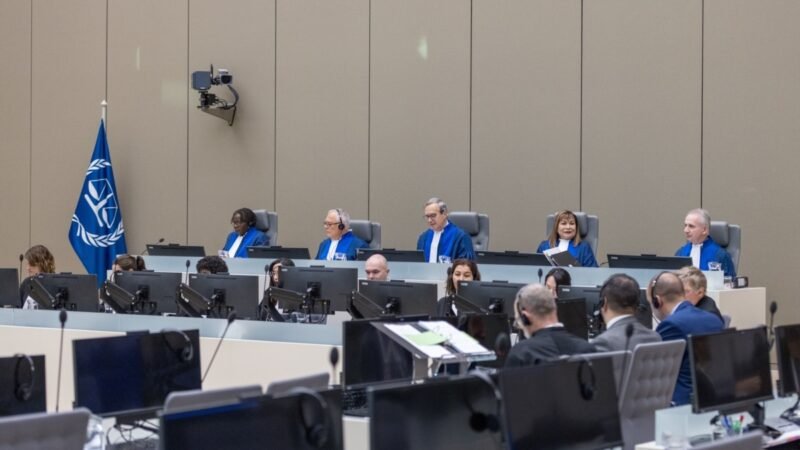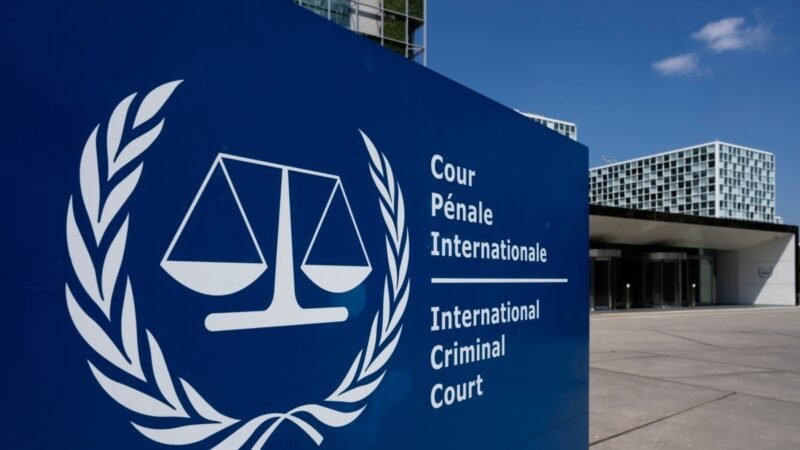Edmundo González Urrutia: el diplomático que busca liderar la transición en Venezuela

«From the rooftop I went to the ‘jarro’ and now I am a mess.»
The phrase, which was met with laughter from his followers in various cities like Maracaibo, served Edmundo González Urrutia to hilariously summarize how he went from being a behind-the-scenes opposition figure to the official presidential candidate of Venezuela.
The retired veteran diplomat González Urrutia, 74, was considered a «hidden» or backup candidate for the Democratic Unity Roundtable three months ago, when the coalition chose its final candidate for the highest elected position.
He was born in La Victoria, Aragua state, on August 29, 1949. He holds a degree in International Studies from the Central University of Venezuela and a master’s in International Relations from the American University in Washington.
He served as Venezuela’s ambassador to Algeria during the second presidency of the social democrat Carlos Andrés Pérez (1991-1993) and to Argentina between 1998 and 2002, representing the governments of Rafael Caldera and the founder of chavismo, Hugo Chávez Frías.
He was director of a planning committee at the Ministry of Foreign Affairs of Venezuela in 1990-1991. Between 1994 and 1998, he directed the international policy of the Ministry of Foreign Affairs during the presidency of the Christian socialist Rafael Caldera.
Additionally, he served as Venezuela’s ambassador to Argentina from 1998 to 2002, during the early years of the administration of the late president Hugo Chávez.
He lived with his wife, Mercedes López de González, in at least seven countries during his studies and diplomatic career, including Belgium, the United States, and England.
A teacher, writer, and columnist, he was by no means a high-profile politician when the alliance of anti-chavista parties announced that he had been marked as the presidential candidate on their ticket for the Democratic Unity Roundtable (MUD) last April.
He was known as the head of international relations of the bloc and his analyses of geopolitical issues were disseminated in local and foreign press.
Some called him a «foreigner,» others an unknown. Today, with broad popular support behind him, he aspires to lead a new political moment in his country.







